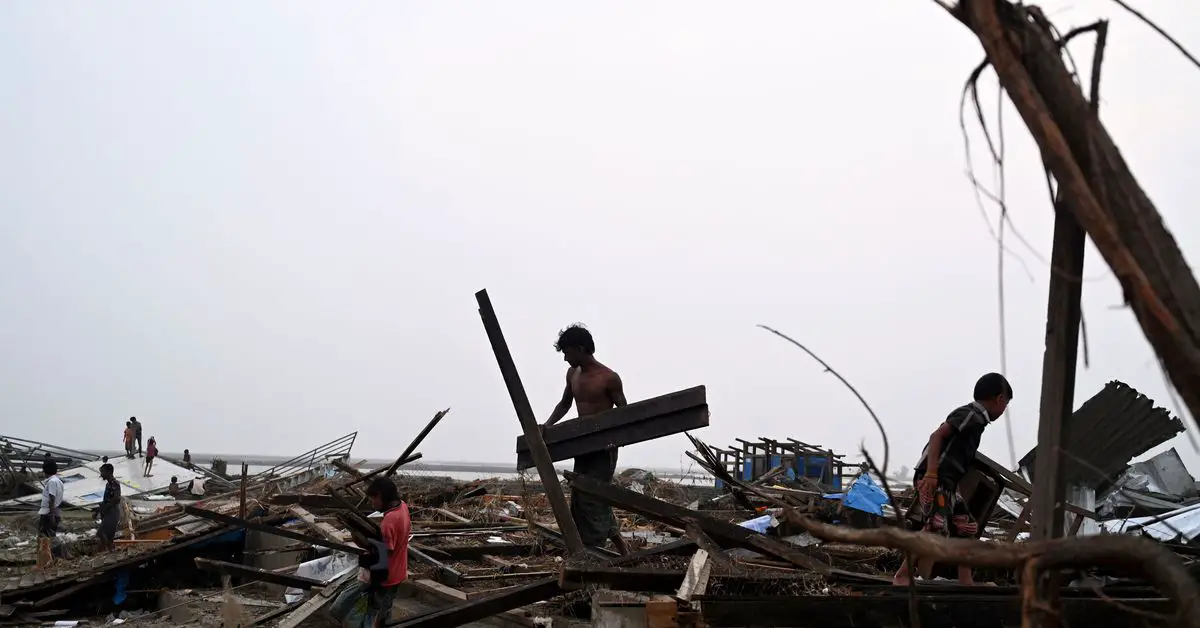
No other region on Earth experiences more climate, weather, and water-related disasters than Asia, according to a new report. The World Meteorological Organization (WMO) released its 2023 State of the Climate in Asia today, which found that risks are only rising.
From heatwaves to flooding and storms, climate change makes all kinds of disasters more intense all over the world. But the problem is particularly acute in Asia, which is heating up faster than the global average thanks to greenhouse gas emissions from fossil fuels.
“The report’s conclusions are sobering.”
“Climate change exacerbated the frequency and severity of such events, profoundly impacting societies, economies, and, most importantly, human lives and the environment that we live in,” WMO Secretary-General Andrea Celeste Saulo said in a press release. “The report’s conclusions are sobering.”
There were 79 water-related disasters in Asia in 2023. The majority of them were flood and storm events, which collectively affected 9 million residents in the region and killed at least 2,000 people.
A warming world boosts the amount of moisture in the air as evaporation increases. That can lead to more intense downpours. Tropical storms can also pick up more energy in the form of heat from warming oceans. Sea surface temperatures hit record highs across Asia last year, according to the WMO report. And as glaciers melt and oceans expand, rising sea levels make coastal communities more vulnerable to flooding.
In India, Pakistan, and Nepal, extreme floods and storms killed at least 600 people between June and August of last year. The extremely severe cyclonic storm Mocha, the most powerful tropical storm to form in the Bay of Bengal in the past decade, killed at least 156 people.
“Developing countries in Asia bear the brunt of climate-related adversities without adequate means to combat foreseeable disasters and the worsening impacts of climate change,” climate activist Harjeet Singh said in a statement to The Verge. “International solidarity and financial support from wealthier nations are imperative to empower these countries to build resilience and respond effectively to inequitable climate impacts.”








